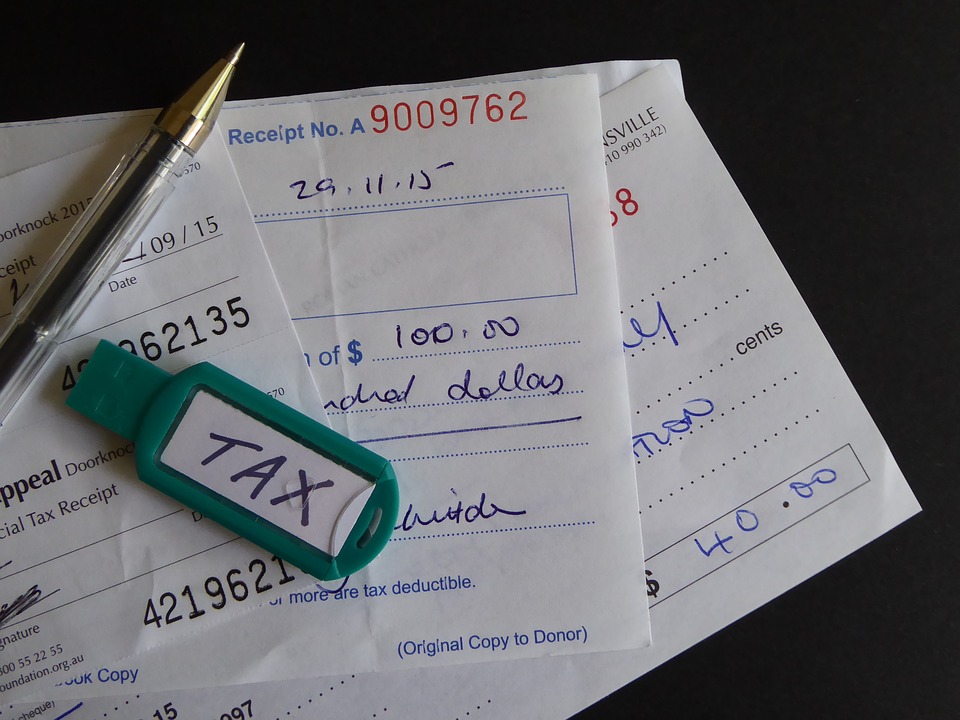
15 Mar Do I have to report the Homestead Rebate on my federal taxes?
Q. I believe that the New Jersey 2021 Homestead Rebate was based on the 2017 New Jersey income tax return. If I itemized on my 2017 federal return, do I have to report the New Jersey Homestead Rebate as income on my 2021 federal return? Or does the three-year statute of limitations come into play? Also, is the 2021 Senior Freeze simply applicable to 2021 property taxes? Thank you.
— Senior
A. We’re glad you asked.
You are correct that the Homestead Rebate works on a delay and the current benefit year for 2021 rebates is 2018.
The program provides property tax relief to eligible homeowners and for most homeowners, the benefit is distributed to your municipality in the form of a credit that reduces your property taxes, said Gerard Papetti, a certified financial planner and certified public accountant with U.S. Financial Services in Fairfield.
To be eligible, you must meet certain criteria, he said.
First, you must be a New Jersey resident who owned and occupied a home in New Jersey that was your principal residence on Oct. 1, 2018, property taxes were made on the home for 2018 and you meet the income requirements, he said.
The income maximum for the year were $150,000 or less for homeowners age 65 or over or blind or disabled; or $75,000 or less for homeowners under age 65 and not blind or disabled, he said.
Note that if you were not a homeowner on Oct. 1, 2018, you are not eligible for a Homestead benefit, even if you owned a home for part of the year, Papetti said.
“New Jersey will calculate your benefit using the 2017 property taxes for the home that was your principal residence on Oct. 1, 2018,” he said. “If no property taxes were assessed on the residence for 2017, New Jersey will determine the amount of property taxes that would have been due by using the current assessed value and the 2017 property tax rate.”
To your question about whether the rebate you receive in 2021 is taxable depends on a number of factors, Papetti said.
“In 2006, the IRS issued guidance specifically for New Jersey residents in IRS News Release No: NJ-2206-03 stating that New Jersey taxpayers would report the rebate as `other income’ or simply reduce the amount of their real estate tax deduction on Schedule A Itemized Deductions,” he said.
In general, the federal tax law will only tax a state refund or rebate to the extent you received a tax benefit for deducting state taxes in the prior year, he said.
Papetti said in 2017, the federal tax law allowed taxpayers to deduct all of their state and local taxes, also known as the SALT deduction, which includes property taxes without any limitation.
But in 2018 the SALT deduction changed and the maximum deduction was limited to $10,000, he said.
“There is no specific IRS guidance as to the taxability of a state rebate when it relates to a tax year other than the prior year,” he said. “In general, if you still own your home, New Jersey provides the Homestead Benefit in the form of a credit against the property taxes due in the current year therefore you should not have to report any `other income’ as the benefit is netted against the property taxes paid.”
Turning to the Senior Freeze.
This program reimburses eligible senior citizens and disabled persons for property tax or mobile home park site fee increases on their principal residence, Papetti said.
To qualify, you must meet all the eligibility requirements for each year from the base year through the application year. Note that the current application year is 2019.
To be eligible, you or your or spouse/civil union partners must have been age 65 or older on Dec. 31, 2020, or receiving federal Social Security disability benefits on or before Dec. 31, 2020.
You must have lived in New Jersey continuously since Dec. 31, 2010 or earlier as a homeowner or renter, Papetti said.
Homeowners must have owned and lived in their home since Dec. 31, 2017 or earlier, and you still owned and lived in that home on Dec. 31, 2021.
The 2020 property taxes due on your home must have been paid by June 1, 2021, and the 2021 property taxes must be paid by June 1, 2022.
Your total annual income — combined if married or civil union and lived in same home — must have been $92,969 or less for 2020 and $94,178 or less for 2021, he said.
“The Senior Freeze program reimburses homeowners for any property tax increases you have once you are in the program,” he said. “Each year you are eligible you will receive the difference between your base year — first year of eligibility — property tax amount and the current year property tax amount as long as the current year property tax is higher than the base year.”
As it relates to your specific situation, Papetti said if you have previously qualified based on the eligibility requirements, you will be reimbursed for the increase in your 2021 property taxes over your base year, he said.
Note that 2021 Senior Freeze Applications start to be mailed in early March 2022 with a filing deadline of Oct. 31, 2022, he said.
Email your questions to .
This story was originally published on March 15, 2022
NJMoneyHelp.com presents certain general financial planning principles and advice, but should never be viewed as a substitute for obtaining advice from a personal professional advisor who understands your unique individual circumstances.

